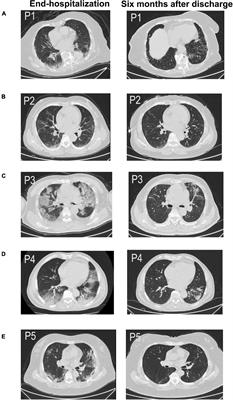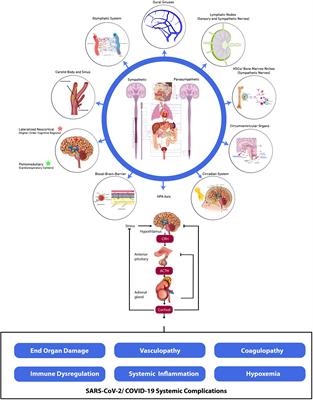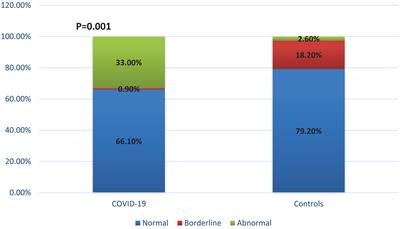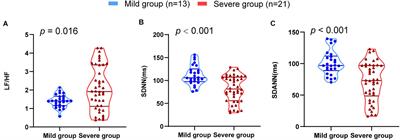ORIGINAL RESEARCH
Published on 19 Oct 2022
Characterization of autonomic symptom burden in long COVID: A global survey of 2,314 adults

doi 10.3389/fneur.2022.1012668
- 13,855 views
- 80 citations
9,752
Total downloads
58k
Total views and downloads
Select the journal/section where you want your idea to be submitted:
ORIGINAL RESEARCH
Published on 19 Oct 2022

ORIGINAL RESEARCH
Published on 04 Mar 2022

ORIGINAL RESEARCH
Published on 21 Jan 2022

REVIEW
Published on 27 Aug 2021

ORIGINAL RESEARCH
Published on 21 Jun 2021

ORIGINAL RESEARCH
Published on 19 May 2021


Frontiers in Neurology
Autonomic NeuroscienceOffline
Frontiers in Physiology